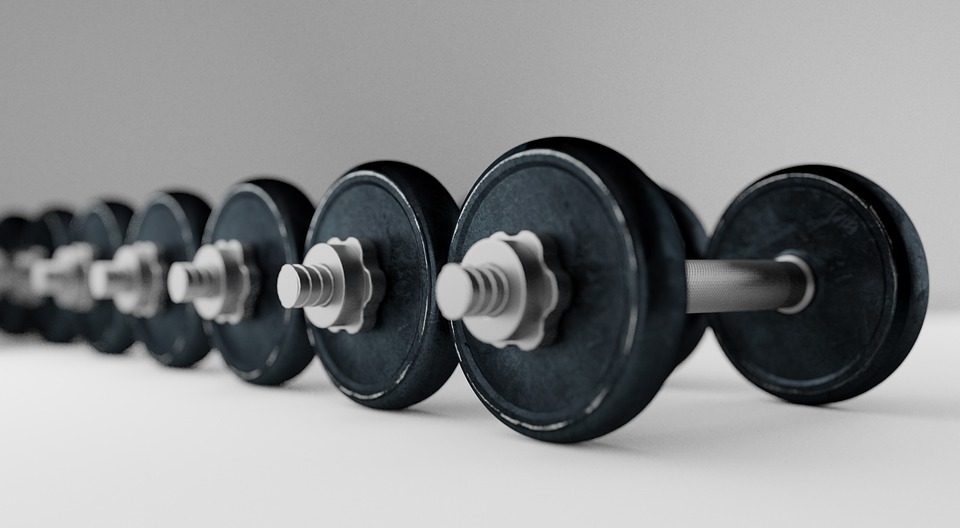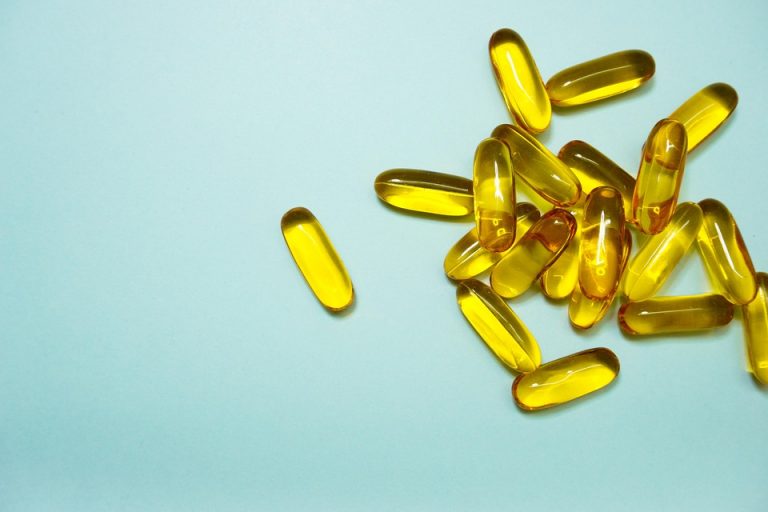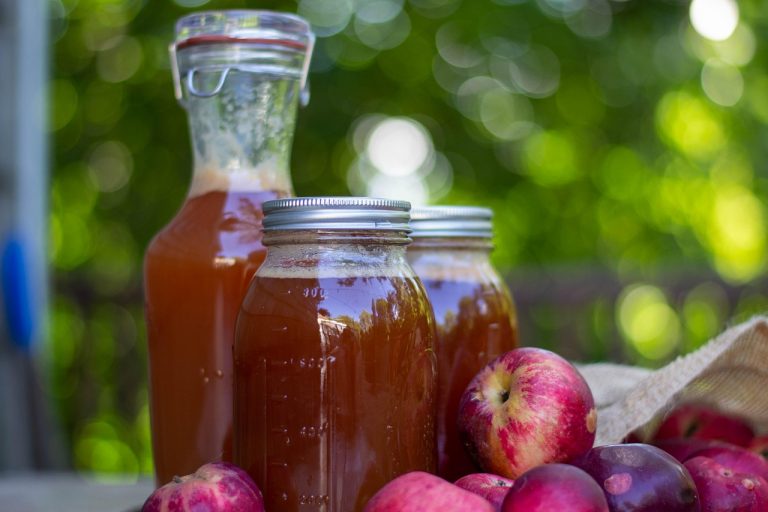Have you ever noticed that tiny sprinkle of sesame seeds on your favorite dishes? They look cute, but they pack a serious nutritional punch. These tiny seeds are not just for garnishing your sushi or adding crunch to your salad; they can be a powerful ally in your quest for muscle strength. Let’s dive into how sesame seeds can help you build muscle, along with practical ways to incorporate them into your diet.
Contents
1. Packed with Protein: The Building Block of Muscle
First off, let’s talk about protein. It’s the king when it comes to muscle building. Sesame seeds contain about 5 grams of protein per ounce, which may not seem like a lot until you realize that they’re a fantastic plant-based source.
Why Protein Matters
When you engage in strength training, your muscle fibers experience tiny tears. This is totally normal! The body rebuilds these fibers stronger, but it needs protein to do so. Incorporating sesame seeds into your meals can aid this process, especially if you’re following a vegetarian or vegan diet.
How to Use Them
- Add to Smoothies: Toss a tablespoon of sesame seeds into your morning smoothie for a protein boost.
- Sprinkle on Salads: Add them to salads for texture and nutrition.
- Mix into Oatmeal: Stir them into your breakfast oatmeal. They’ll add a nutty flavor that complements the dish.
While the protein content in sesame seeds is valuable, it’s essential to combine them with other protein sources for a balanced intake.
2. Rich in Healthy Fats
You might think fat is the enemy when trying to get fit, but healthy fats are vital for overall health and can even contribute to muscle strength. Sesame seeds are particularly high in unsaturated fats, including omega-6 fatty acids.
Benefits of Healthy Fats
Healthy fats play a role in hormone production, including testosterone, which is crucial for muscle growth. So, while you’re eating those sesame seeds, your body is getting what it needs to produce the hormones that help you bulk up.
Snack Ideas
- Sesame Seed Energy Balls: Combine sesame seeds with dates and nuts to make a quick energy snack.
- Tahini Dip: Use tahini (made from ground sesame seeds) as a dip for veggies or whole-grain crackers.
But remember, moderation is key. Fats are calorie-dense, so while sesame seeds are great, don’t overdo it.
3. A Good Source of Minerals
Sesame seeds are rich in essential minerals such as calcium, magnesium, and iron. These minerals don’t just support bone health but also aid muscle function and recovery.
Calcium for Muscle Contraction
Calcium is crucial for muscle contraction. When you lift weights, your muscles need calcium to contract effectively. Including sesame seeds in your diet can help you meet your calcium needs, especially if you’re not consuming dairy.
Incorporation Tips
- Make a Dressing: Blend sesame seeds into a dressing for vegetables. This is a tasty way to sneak in some minerals!
- Use in Stir-Fries: Toss sesame seeds into stir-fried veggies or rice for added crunch and nutrition.
While it’s great to load up on sesame seeds, ensure you’re getting a variety of minerals from other sources too.
4. Antioxidants for Recovery
After an intense workout, your muscles may experience oxidative stress, which can hinder recovery. Sesame seeds contain lignans and sesamolins, which have antioxidant properties that can help combat this stress.
Benefits of Antioxidants
Antioxidants help reduce inflammation and promote quicker recovery, meaning you can get back to your workouts sooner. This is particularly important if you’re training intensely or frequently.
How to Incorporate
- Homemade Granola: Make a granola mix with sesame seeds, nuts, and dried fruit. This is not only delicious but also packed with antioxidants.
- Sesame Seed Crusted Fish or Chicken: Coat your protein sources with sesame seeds before cooking for an added nutrient boost.
Just be mindful that while antioxidants are beneficial, they can only do so much. Recovery also requires adequate rest and hydration.
5. Versatile and Easy to Use
Let’s face it: if a food is hard to incorporate into your diet, you’re less likely to eat it. Fortunately, sesame seeds are incredibly versatile, making it easy to enjoy their benefits.
Easy Additions
- Baking: Add sesame seeds to bread or muffins for a flavorful twist.
- Sprinkle on Popcorn: How about sprinkling toasted sesame seeds on your popcorn next movie night?
The more ways you find to integrate sesame seeds into your meals, the more benefits you’ll reap.
FAQs
1. How many sesame seeds should I eat daily for muscle strength?
A tablespoon or two daily can be a great start. They’re nutrient-dense, so a little goes a long way!
2. Can sesame seeds help if I’m not a vegetarian?
Absolutely! While they’re particularly beneficial for vegetarians, everyone can benefit from the added protein, healthy fats, and minerals.
3. Are there any downsides to eating sesame seeds?
Most people can enjoy sesame seeds without issue. However, if you have a sesame allergy, steer clear. Always remember to keep portion sizes in mind since they can be calorie-dense.
4. Can I use sesame oil instead of seeds?
While sesame oil has its benefits, it lacks the protein and fiber found in whole seeds. It’s great for flavor, but consider using both in your diet.
Conclusion
Incorporating sesame seeds into your diet can be a delicious and effective way to boost muscle strength. From their protein content to their healthy fats and minerals, these tiny seeds are a powerhouse. Whether you’re a seasoned gym-goer or just starting your fitness journey, sesame seeds can add a nutritious touch to your meals.
So, next time you see those small but mighty seeds, remember they can be more than just a garnish. They’re a simple, versatile way to support your muscle-building goals. As research continues to unfold, it’s clear that these little seeds are worth including in your diet.
This article is for educational purposes only and is not a substitute for professional medical advice. Always consult a qualified healthcare provider before making changes to your health routine.
References
- Khosravi-Boroujerdi, M., & Shafiei, S. (2019). Nutritional Properties of Sesame Seeds: A Review. Journal of Food Science and Technology, 56(7), 3647-3654. https://doi.org/10.1007/s11483-019-01706-0
- Shobana, S., & Naidu, K. A. (2018). Health Benefits of Sesame Seeds: A Review of the Literature. International Journal of Food Science and Nutrition, 69(5), 606-617. https://www.ncbi.nlm.nih.gov/pmc/articles/PMC5922369/
- National Institutes of Health. (2022). Omega-6 Fatty Acids. https://ods.od.nih.gov/factsheets/Omega6FattyAcids-HealthProfessional/
Get Your FREE Natural Health Guide!
Subscribe now and receive our exclusive ebook packed with natural health tips, practical wellness advice, and easy lifestyle changes, delivered straight to your inbox.






